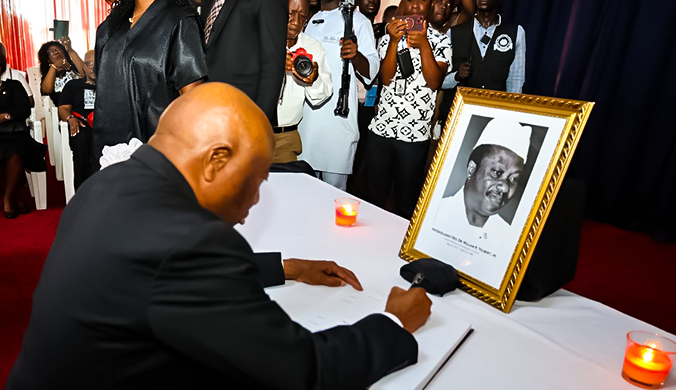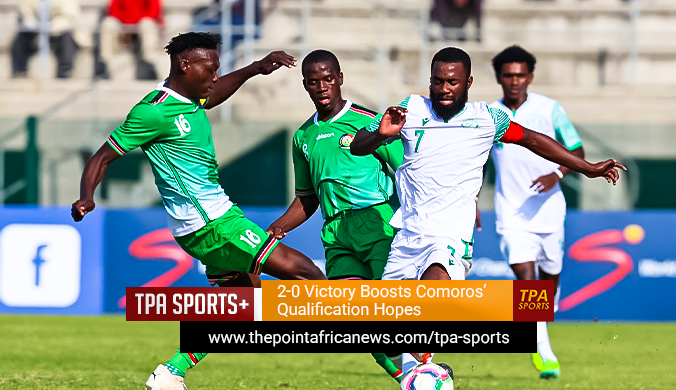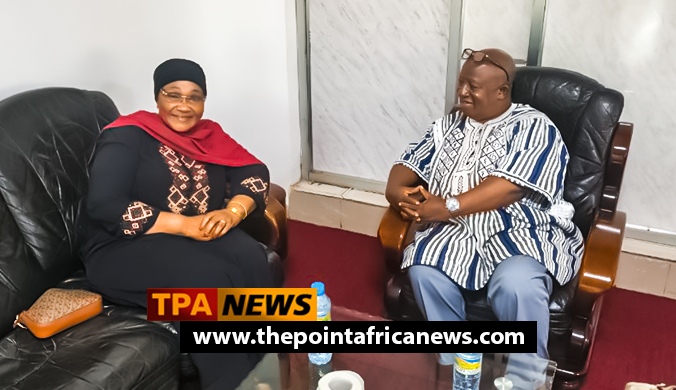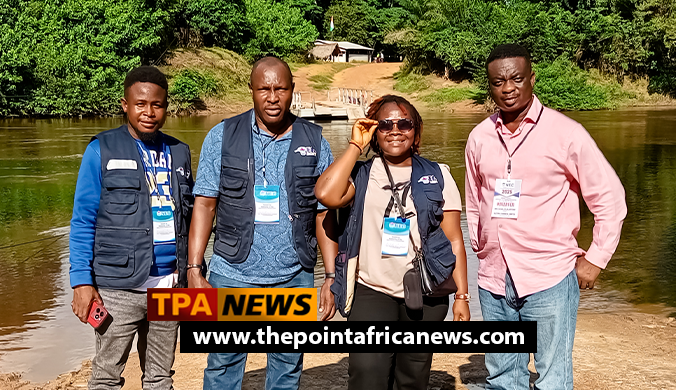By: David S. Johnson – Staff Reporter | TPA News Desk | Monrovia

In a profound and deeply symbolic gesture aimed at confronting Liberia’s tumultuous past, President Joseph Nyuma Boakai today dedicated the April 22 Memorial Group Remembrance Park in honor of the late President William R. Tolbert Jr. and the thirteen senior government officials summarily executed in the aftermath of the 1980 military coup. This dedication marks a pivotal moment in the nation’s ongoing quest for reconciliation, as President Boakai actively champions initiatives to heal the lingering wounds of the country’s brutal civil crisis.
The newly inaugurated park, Liberia’s first official memorial dedicated to those who perished without trial following the April 12, 1980 coup, is envisioned as a national site for mourning, education, and reflection. While President Tolbert was assassinated on April 12, the park’s name specifically commemorates the chilling public executions of his cabinet members and other officials on April 22, 1980. The site will feature symbolic grave markers, educational installations, and a central monument bearing the names of the victims.
President Boakai’s commitment to national healing extends beyond this memorial. Earlier this year, he established a National Committee for the Dignified Reburial of former Presidents William R. Tolbert Jr. and Samuel Kanyon Doe, who was violently killed during the civil war in 1990. Just last week, President Boakai personally led ceremonies for the reburial of President Doe and his wife in their hometown of Tuzon, Grand Gedeh County, signaling a determination to mend historical fractures and ensure that all chapters of Liberia’s fraught past receive due acknowledgment and respect.
For the West African nation, these actions carry immense symbolic weight. President Boakai has emphasized that Liberia must no longer be defined by the divisive “Americo-Liberian” versus “Native Liberian” dichotomy, urging all citizens to embrace a unified national identity. By officially honoring fallen leaders from different eras of conflict, his administration is taking concrete steps toward fostering collective memory and encouraging Liberians to confront their history with honesty and integrity.
This proactive approach to reconciliation stands in stark contrast to previous administrations, which largely failed to implement key recommendations from the Truth and Reconciliation Commission (TRC) report of 2009, most notably the establishment of a War and Economic Crimes Court (WECC). Despite years of advocacy from victims and civil society groups, political will and the influence of powerful figures implicated in wartime atrocities have consistently stalled efforts to bring perpetrators to justice. While President Boakai has taken a crucial step by establishing an office to design the methodology for a WECC via an Executive Order in May 2024, human rights organizations continue to press for its renewal and tangible progress, stressing that these reburials, while vital for healing, should not overshadow the pursuit of justice.
As Liberia navigates this reflective crossroads, President Boakai’s leadership offers a new path for collective memory, hoping that by acknowledging the full scope of its past, the nation can build a more just, peaceful, and unified future.







Leave a Reply